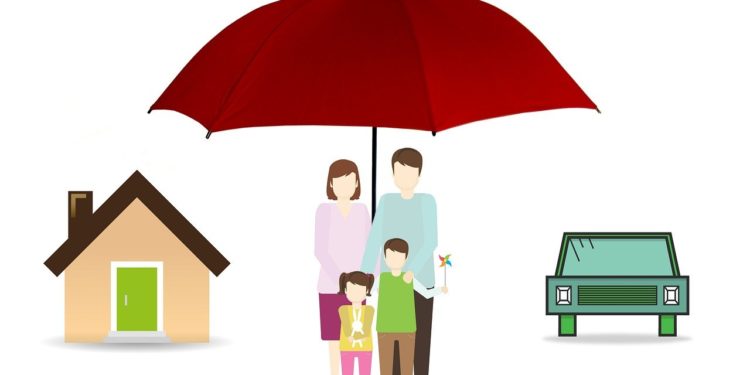There are plenty of ways to protect your family in the event of your death. However, buying life insurance cover is usually the easiest. Not all types of life insurance cost the same – term life insurance is generally one of the cheapest forms of life cover. So how does it work?
What is term life insurance?
Term life insurance is a type of temporary life cover that protects you for a set period of time (for example 25 years). The policy pays out a lump sum to your family providing you die within the policy term as agreed upon with your provider. If you survive the policy term, you will no longer be covered or able to claim any money back on the premiums paid during this time.
As with any type of life insurance, you pay premiums (either monthly or manually) to your insurer for cover. If you fail to make these payments, your insurer will be liable to cancel your policy. Thankfully premiums for term life insurance are usually much cheaper than other types of policies; such as whole of life cover.
Types of term life insurance
A term life insurance offers the policyholder flexibility, allowing them to choose the amount of cover and policy length. There are 3 levels of term life insurance cover available:
Level term – The standard form of term life cover. Both the cost of your premiums and pay-out value remain fixed throughout the policy term. Taking out this type of cover when you are young can save you money in the long run, as you can lock in a cheaper premium rate.
Increasing term – this type of policy is designed to protect the value of the eventual pay out from inflation. To do this, the pay-out amount increases over time, that way your family still receives the same amount, without losing any value. However, your premiums could also be increased too.
Decreasing term – Intended to help your family cover large payments they would struggle to pay back on their own. It can be used to cover costs for a mortgage and other outstanding loans and debts. The pay-out decreases over time as you make repayments. So if you die before it’s been repaid, your family can use the pay-out amount to do so.
You can also get joint term life insurance – this is an ideal option for couples who share financial responsibility of their household. A joint policy protects two people under a single policy and can work out cheaper than buying separate policies.
Term life vs whole life
When it comes to life insurance, the two main types of policies are term life insurance & whole life insurance. There are a number of differences with these types of cover mainly in terms of cost and cover length.
Whole life insurance (also known as life assurance) covers you for the rest of your life. When you die, the policy pays out a cash lump sum to your loved ones, with no expiry date. This means your family is guaranteed a pay-out so long as you continue paying your monthly premiums.
Although it ensures peace of mind, it has its drawbacks. Because it provides permanent protection, whole life cover is more expensive than term life. Furthermore, it offers less flexibility, especially if your circumstances change.
Term life insurance, on the other hand, only covers you for a certain timeframe, yet offers cheaper premiums. So, if you’re looking for an affordable policy for the near-future, term life insurance may be your best option.
How it can help your family
It’s never easy to think about how your family would cope without you in the future, even more so if you don’t already have life cover in place. Among many things, the pay out from a term life policy can support your family with a number of finances long after you’ve died.
It can help with:
- Living costs
- Household bills
- Mortgage repayments
- Funeral planning
- Medical expenses
- Your child’s education costs
If you’re unsure about how much cover you may need, take a look at the current financial situation. For example, if you and your family are financially secure and have savings in place for the future, you won’t need as much cover. However, if you are the main source of income for your family, then you’ll need to take out an amount that reflects this.
What to takeaway:
- Term life insurance covers you for a set period of time.
- It pays out a lump sum when you die.
- Your family can only make a claim if you die within the policy term.
- Premiums tend to be cheaper than for whole life insurance.




![7 Best POS Software in the UK [2026 Edition]](https://todaynews.co.uk/wp-content/uploads/2026/02/7-Best-POS-Software-in-the-UK-2026-Edition-360x180.png)








































































